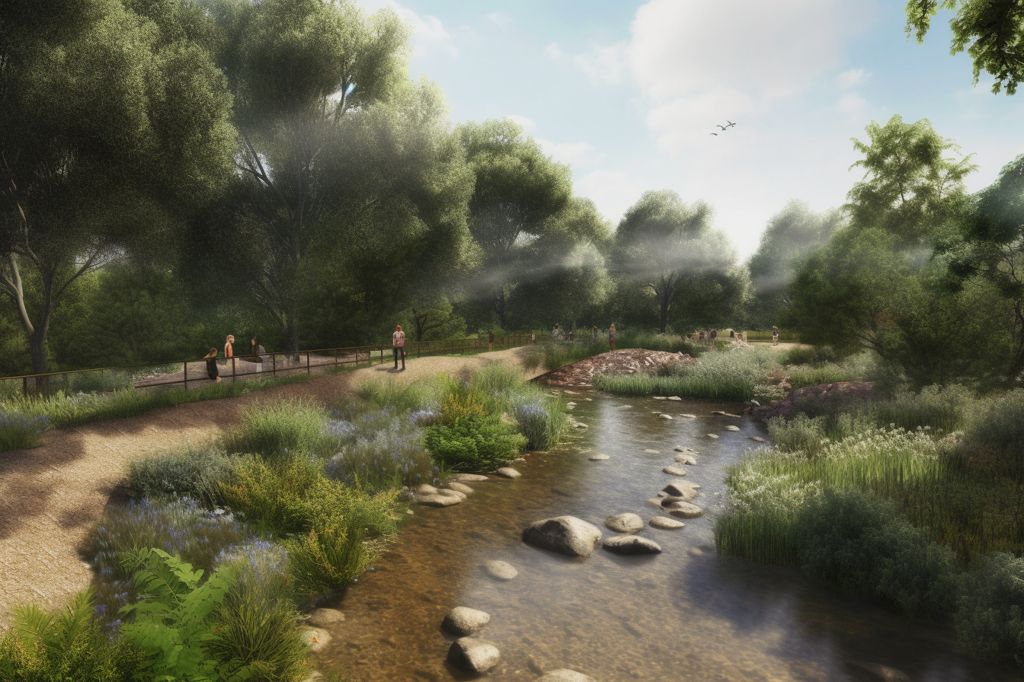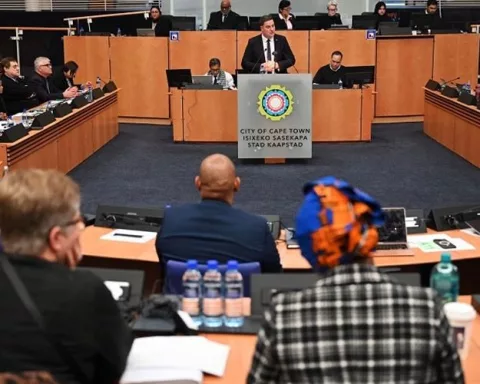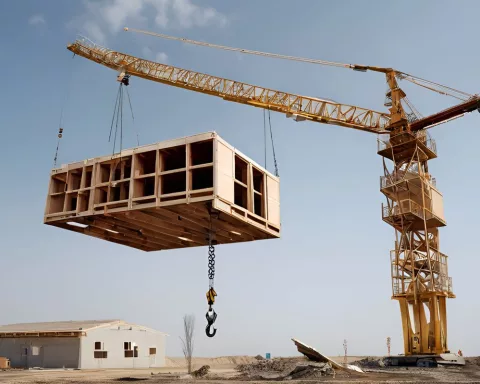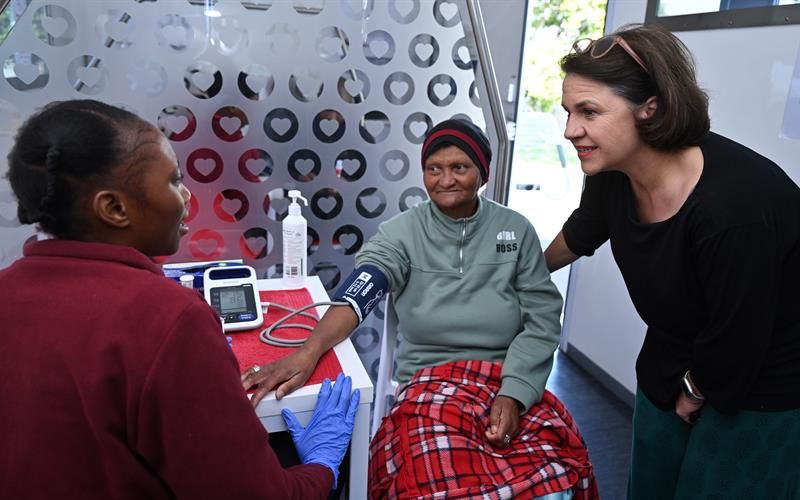The Recent Verdict
The River Club development has been given the green light after the Supreme Court of Appeal ruled in favor of the project, denying the Observatory Civil Association (OCA) the right to appeal the Western Cape High Court’s order. The decision was made on May 16, 2023, and it clears the way for a development project that promises significant benefits to Cape Town.
Noteworthy Benefits
The River Club development project has several notable advantages, including the rehabilitation of a section of the Liesbeek River, the creation of high-quality green open spaces, and the establishment of heritage infrastructure in collaboration with First Nations groups. The project will also create a plethora of job opportunities, over 5,200 construction jobs, and approximately 19,000 employment opportunities. Alongside public transport infrastructure developments, the project will inject R4.5 billion in direct investment into the local economy. New residential accommodation, including affordable housing options, will be delivered.
OCA’s Litigation
Although the City of Cape Town respects the right of civil society to challenge potentially invalid decisions, the OCA’s litigation was deemed groundless and an abuse of the court. Their misguided application threatened not only to undermine public interest but also to obstruct the sole viable plan for revitalizing polluted canals and transforming a private golf course and parking lot into a heritage-affirming, inclusive development.
Financial Implications
The OCA’s litigation has had financial implications for Cape Town’s ratepayers, costing them millions in legal expenses. Both the High Court and the Supreme Court of Appeal have justly ordered the OCA to pay the City’s costs. These cost orders serve to deter vexatious litigation while ensuring the City’s responsibility to recover public funds.
A New Era of Progress and Opportunity
The Supreme Court of Appeal’s decision in favor of the River Club development signifies a new era of progress and opportunity for Cape Town. The development promises to enhance the city’s heritage, environment, economy, infrastructure, and overall welfare. The River Club project will serve as a beacon of hope for Cape Town, showcasing the city’s commitment to sustainable growth, cultural preservation, and social development. As the project unfolds, Cape Town will undoubtedly witness a remarkable transformation that will benefit its residents and solidify its position as a progressive and thriving city.












